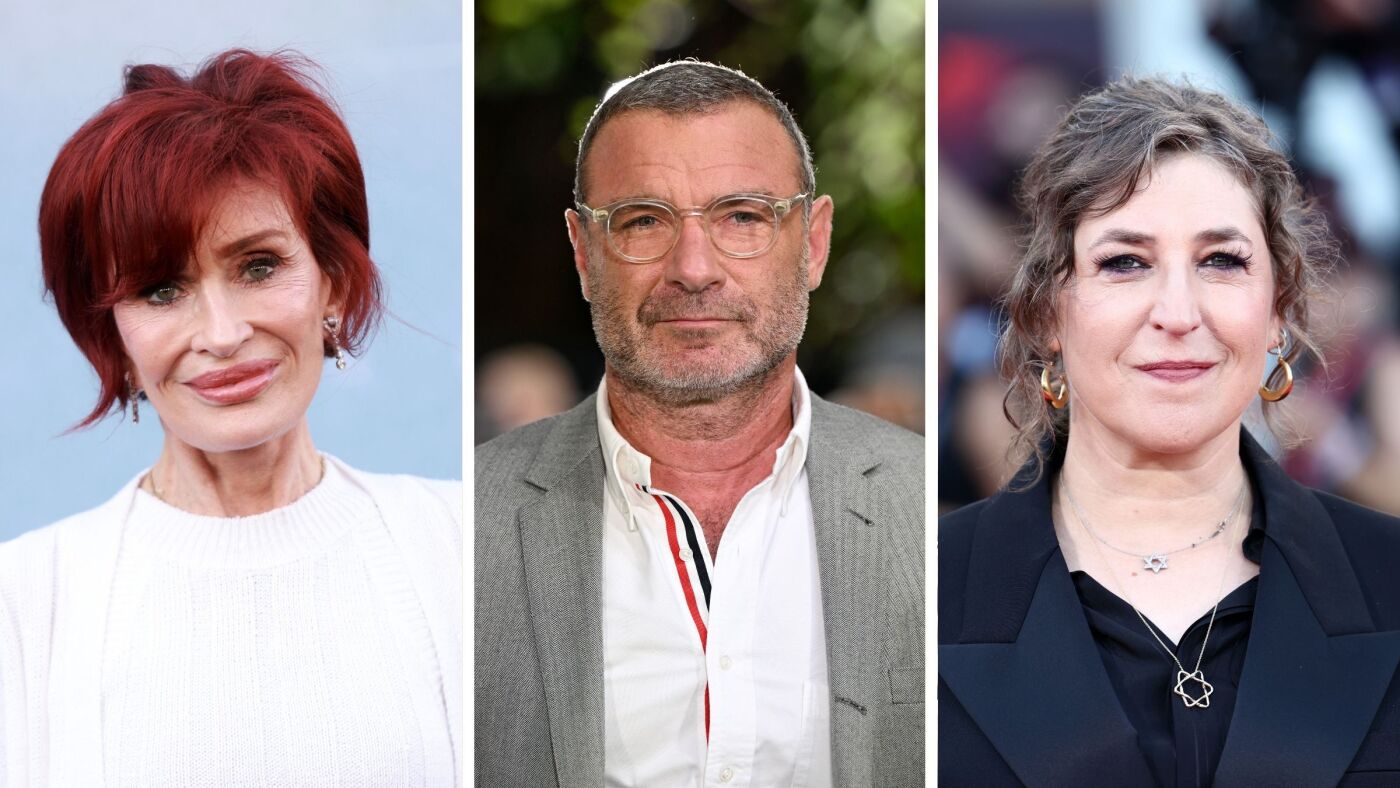Hollywood is experiencing a divide over the ongoing conflict in Gaza. This has sparked two opposing open letters from industry figures.
On September 9, over 5,000 actors and filmmakers—including notable names like Pedro Pascal and Selena Gomez—signed a letter pledging to boycott Israeli film groups. They allege that these groups are complicit in the ongoing violence and injustice faced by Palestinians.
In response, a new letter has emerged with more than 1,200 signatures from other Hollywood personalities such as Liev Schreiber, Mayim Bialik, and Sharon Osbourne. This letter pushes back against the boycott, labeling it as “misinformation” and a call for censorship. The signers argue that the original letter undermines artistic freedom and fails to consider diverse Israeli perspectives.
“We cannot stay silent when art is turned into propaganda,” the second letter states. It emphasizes that the focus should be on peace, urging signatories of the boycott to instead call for the release of hostages held by Hamas.
The controversy reflects broader societal debates about free speech and the responsibilities of artists. According to a recent survey by the Pew Research Center, nearly 75% of Americans agree that artists should express their views on social and political issues—but they are divided on how these views should affect their involvement in controversial topics.
Filmmakers for Palestine, the group behind the original letter, has countered the criticism, calling the response from the opposing letter merely a facade for anti-Palestinian sentiments. They emphasize that their goal is to advocate for justice, not to erase artistic expression.
This clash of opinions among high-profile entertainers highlights not just a split in Hollywood, but also a larger conversation about ethics in art and the role of public figures in political discourse. As noted by political analysts, the fallout from this situation may influence future collaborations and the industry’s approach to politically charged issues.
In addition, as of 2023, the Hollywood community has seen a noticeable shift toward engaging with global human rights issues. More artists now recognize their platform’s impact and are choosing to stand firm on controversial issues. It seems this latest division in Hollywood is just one chapter in a long story of artists grappling with their voices and responsibilities in turbulent times.
For more insights into this ongoing conflict and its impact on global cinema, visit Creative Community For Peace.


